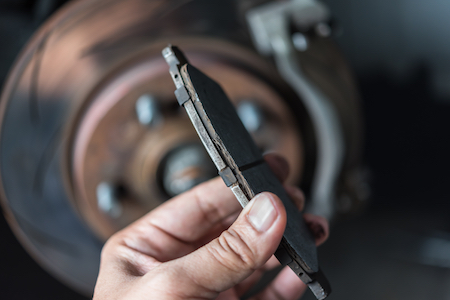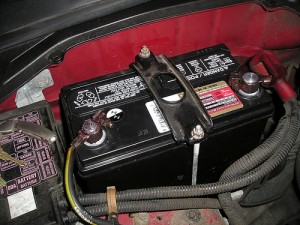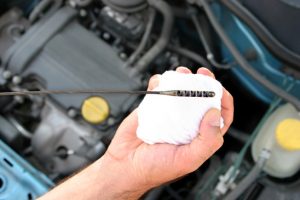 Whenever we are out driving around in our cars, each of us must deal with blind spots. We can greatly minimize blind spots by properly adjusting our vehicle mirrors to give us the widest coverage possible. We should make the adjustments before we pull out of our driveway or parking spot.
Whenever we are out driving around in our cars, each of us must deal with blind spots. We can greatly minimize blind spots by properly adjusting our vehicle mirrors to give us the widest coverage possible. We should make the adjustments before we pull out of our driveway or parking spot.
First, adjust your rear view mirror to give the best possible view directly to the rear of your vehicle. You don’t need to get a better view of either side of the car, the kids in the back seat or your dazzling smile. The rear view mirror should look to the rear. Next, lean your head until it almost touches the driver’s side window. Adjust your side mirror so that you can just barely see the side of your car. Now, lean your head to the middle of the car and adjust the outside mirror so that you can barely see the right side of the vehicle.
Drivers who adjust their mirrors this way will minimize blind spots and maximize their views. Of course driving in and through any area is a dynamic process – things change every second. So it’s wise to take a quick look to the side when passing to make sure that another vehicle hasn’t moved into an area you couldn’t see in your mirrors.
Also be sure your outside mirrors are cleaned off, especially if your car has been sitting out in the snow. It won’t do you any good to minimize your blind spots if you can’t see out of your mirrors.
As you drive on busy city streets, avoid staying in other driver’s blind spots. You can’t count on them to be watching their mirrors and looking out for you. Pass large trucks and buses on the left whenever possible. Semi-trucks have much larger blind spots on their right. Lastly, be attentive and wear your seat belts.
For more information about auto safety and automotive services, check out the other posts on the Express Car Care auto care blog.



 Most folks know that car batteries wear out just like any other battery and need to be replaced. There are a couple things drivers should know and keep in mind as a guide to battery replacement. One is cold cranking amps and the other is reserve capacity.
Most folks know that car batteries wear out just like any other battery and need to be replaced. There are a couple things drivers should know and keep in mind as a guide to battery replacement. One is cold cranking amps and the other is reserve capacity.
 As engine technology advances, recommended oil change intervals have gotten longer. High quality oil in a well-engineered engine has led to extended intervals.
As engine technology advances, recommended oil change intervals have gotten longer. High quality oil in a well-engineered engine has led to extended intervals.
